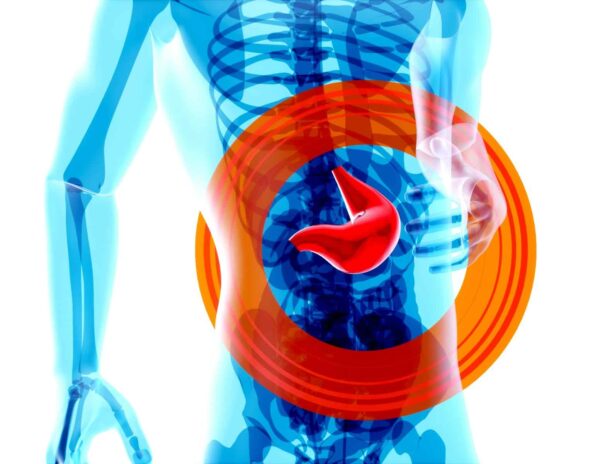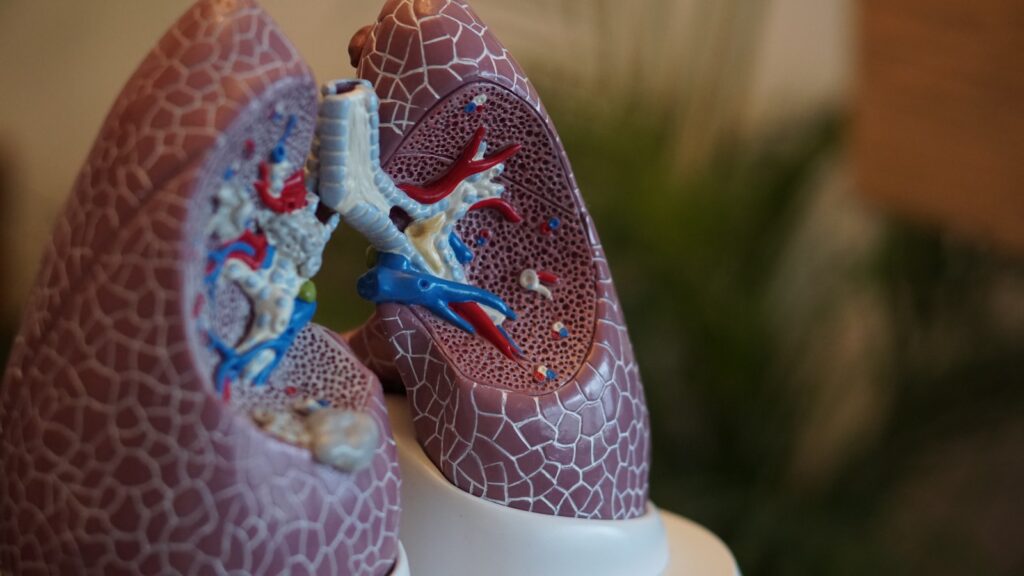
Newsletter Subscribe
Enter your email address below and subscribe to our newsletter

Dark Urine and Liver Health: Understanding the Connection
Urine color can be a valuable indicator of health, often reflecting what’s happening in our body. While variations in urine color can result from factors like hydration levels, diet, and medications, persistent dark urine can be a sign of more serious underlying issues, particularly concerning liver health. This article provides a comprehensive overview of how dark urine can indicate liver problems, the potential causes, and what steps to take if you notice this symptom.
A. Normal Urine Color
Normal urine color ranges from pale yellow to deep amber, largely determined by the concentration of a pigment called urochrome. This pigment is a byproduct of the breakdown of hemoglobin, the oxygen-carrying component of red blood cells. Urine color is influenced by hydration levels: well-hydrated individuals tend to have lighter urine, while dehydration results in darker urine.

B. Factors Affecting Urine Color
Persistent dark urine, especially when accompanied by other symptoms, may indicate a liver issue. The liver plays a crucial role in processing and eliminating waste products from the body. When the liver is compromised, its ability to perform these functions can be affected, leading to changes in urine color.
1. The Role of Bilirubin
Bilirubin is a yellow pigment produced during the normal breakdown of red blood cells. The liver processes bilirubin, converting it into a water-soluble form that can be excreted through bile and urine. When liver function is impaired, bilirubin can accumulate in the bloodstream and be excreted in the urine, leading to a dark yellow or brownish color.
2. Causes of Elevated Bilirubin Levels
Several liver conditions can result in elevated bilirubin levels, including:
1. Liver Disease and Dysfunction
Liver diseases can disrupt normal liver function, leading to changes in urine color. For example:
2. Jaundice
Jaundice is a condition characterized by yellowing of the skin and eyes, caused by high levels of bilirubin in the bloodstream. When jaundice is present, urine often becomes dark brown or tea-colored due to elevated bilirubin levels being excreted through the urine.
3. Hepatocellular Injury
Hepatocellular injury, or damage to liver cells, can lead to increased release of bilirubin into the bloodstream. This can result from conditions such as:
If dark urine persists, it’s crucial to investigate further to determine whether a liver problem is the underlying cause. The diagnostic process typically involves:
A healthcare provider will review your medical history and perform a physical examination to assess symptoms and risk factors. Key points may include:
Several tests can help diagnose liver conditions and determine the cause of dark urine:
Imaging tests can help visualize the liver and detect structural abnormalities:
In some cases, a liver biopsy may be performed to obtain a small sample of liver tissue for examination. This test helps diagnose liver diseases, assess the extent of liver damage, and guide treatment decisions.
If dark urine is associated with a liver problem, managing liver health is crucial. Treatment and management depend on the underlying cause of liver dysfunction.
Making lifestyle changes can support liver health and prevent further damage:
Regular follow-up appointments with a healthcare provider are essential for monitoring liver function and managing chronic liver conditions. Ongoing assessments and adjustments to treatment plans may be necessary based on progress and response to therapy.
Preventive measures can help maintain liver health and reduce the risk of liver-related issues:
If you notice dark urine persistently or experience other symptoms such as jaundice, abdominal pain, or fatigue, seek medical attention promptly. Early diagnosis and treatment are crucial for managing liver conditions and preventing complications.
Dark urine can be a significant indicator of liver health, reflecting underlying liver dysfunction or disease. Understanding the connection between urine color and liver problems can help you identify potential issues early and seek appropriate medical care. By staying informed about liver health and making necessary lifestyle changes, you can support your liver and overall well-being. If you have concerns about dark urine or other symptoms, consult a healthcare provider for a thorough evaluation and personalized guidance.